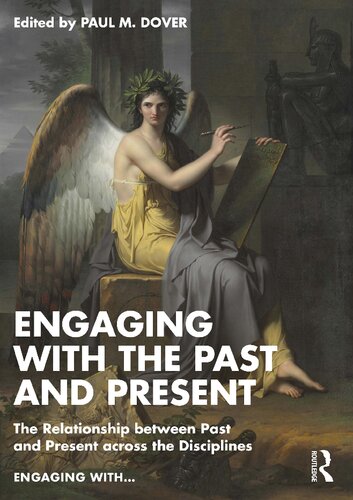

Most ebook files are in PDF format, so you can easily read them using various software such as Foxit Reader or directly on the Google Chrome browser.
Some ebook files are released by publishers in other formats such as .awz, .mobi, .epub, .fb2, etc. You may need to install specific software to read these formats on mobile/PC, such as Calibre.
Please read the tutorial at this link: https://ebookbell.com/faq
We offer FREE conversion to the popular formats you request; however, this may take some time. Therefore, right after payment, please email us, and we will try to provide the service as quickly as possible.
For some exceptional file formats or broken links (if any), please refrain from opening any disputes. Instead, email us first, and we will try to assist within a maximum of 6 hours.
EbookBell Team

4.3
58 reviewsThis collection brings together fifteen essays from practitioners of a variety of disciplines that concern themselves with the past, not only historians, but scholars from other branches of the humanities and social sciences (including theology, art history, public history, and archival science) and natural sciences (including geology, paleontology, astronomy, and paleoanthropology).
What is the relationship between the past and the present? This essential and seemingly straightforward question, of central importance to many fields of study, in fact yields a variety of answers, with significant repercussions for methodology, epistemology, and pedagogy. This volume’s contributors describe how they relate phenomena in the past and their observations of the present, revealing intellectual resonances and opportunities for dialogue across subjects that are too often walled off from one another. By engaging scholars in a conversation about a first principle of their work, this book offers a genuinely interdisciplinary consideration of a timeless question, with implications for knowledge about both past and present.
Engaging with the Past and Present is full of insights and ideas for anyone seeking to understand the past or employ it as evidence for understanding present realities.